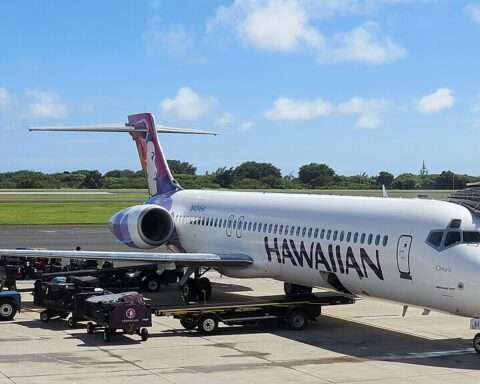The city of New Bedford, Massachusetts, has proposed a $561.1 million budget for Fiscal Year (FY) 2026. The budget, presented to the City Council, emphasizes a pronounced investment in the education, government, public safety and non-discretionary sectors.
Most of the budget would go toward the General Fund, comprising $500.4 million dedicated to ensuring the city can achieve its four primary goals:
- Support municipal services that enable the city to thrive, such as effective public safety and emergency services, educational opportunities, community engagement and government optimization and improvement.
- Preserve New Bedford as a cherished city by maintaining public spaces, enforcing codes effectively, celebrating its history and bolstering anchor institutions and developing new ones.
- Situate the city as an economic competitor by building a diversified regional economy, advancing pro-growth initiatives, routinely reinvesting itself, promoting entrepreneurship and attracting tourism, hospitality and convening visitors.
- Bolster hazard resilience by maintaining a stable long-term financial base to sustain quality services, quickly responding to crises and emergencies, supporting strategies and programs addressing health and socioeconomic inequities and preserving the city’s natural environment.
The city reportedly faced challenges in maintaining an annual spending plan, contending with rising fixed costs, inflation-driven increases, increases in mandatory assessments and low growth in revenue and state non-school aid. Despite this, the city’s local economy – particularly its small businesses, large manufacturers and maritime industries – has shown significant growth in recent years.
The budget cuts a total of $325.2 million to support the city’s education initiatives, covering 65% of FY 2026’s allotted funding. The FY 2026 education budget increases by $21.6 million compared to the previous year, primarily due to rising fixed costs associated with operations. Expenditures include:
- Net School Spending (NSS)-eligible school initiatives.
- Non-eligible school initiatives.
- Pension contributions and school debt.
- School assessments.
Municipal services compose the remaining $175.2 million of the budget, primarily focused on sustaining municipal employment. Other investments include waste collection and disposal, contractual services, debt service, supplies, assessments, utilities and capital outlay.
Photo by Beth Fitzpatrick from Pexels













